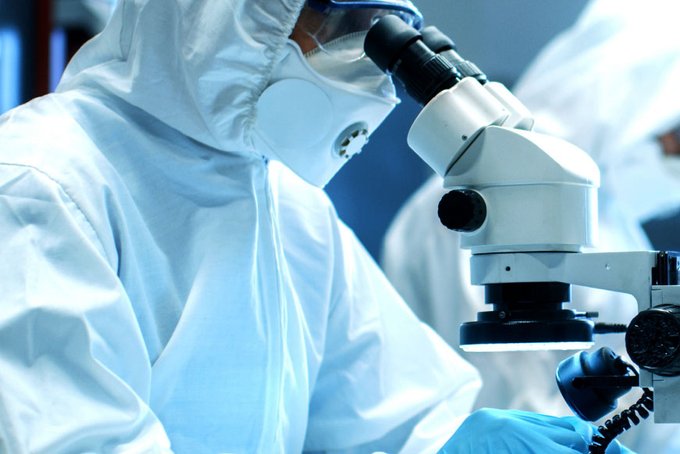Call to arms as UK falls back in medicines manufacturing

Drastic steps need to be taken if the UK is to reverse a steep decline in medicines manufacturing in recent years, according to a cross-industry coalition.
A just-published report from the Medicines Manufacturing Industry Partnership (MMIP) – set up by the UK government and biopharma industry in 2014 to drive growth in the category – says the sector has the potential to be a driver for the UK economy in the next decade.
However, it will have to build on recent successes in areas like manufacturing of advanced therapy medicinal products (ATMP), such as cell and gene therapies and high-value medicines such as mRNA-based therapies.
Established trends are unfortunately firmly in the wrong direction. Over the last 25 years, the headcount in the medicines manufacturing sector has fallen by 7,000 and since 2009 production volumes have fallen by nearly a third (29%), suggesting "faltering attractiveness" of the UK for manufacturing.
Since 2010, the UK has fallen from 4th to 98th place in overall trade balance in pharmaceuticals, due to fierce global competition, according to the MMIP. Over the same period, similar countries – including Ireland, France, and Germany – have been moving to boosting manufacturing productivity, output, and exports.
It’s not all bad news. Medicines and medical technology manufacturing delivered annual exports worth over £30 billion ($37 billion) for the UK in 2019, on top of making a £32.1 billion gross value added (GVA) contribution to UK economic output – the largest for any life science sector – but it is important to "raise the level of ambition", according to the MMIP.
Its report points to some positive developments under the umbrella of the UK's Life Sciences Vision (LSV) programme, including £20 million in grant funding for medicines manufacturing investments in the 2020 single-year ending review, and the £60 million Life Sciences Innovative Manufacturing Fund (LSIMF) announced in March 2022.
The LSIMF was announced within an overall investment of £354 million for life sciences manufacturing, said MMIP, which added it will be "important to understand how and when the remaining £294 million will be allocated."
It also highlights the beneficial effects of the UK's Catapult innovation network, headed by nine tech centres across 40 locations in the UK, as well as recent significant investments made by companies in the UK. Notable examples include a pair of 10-year alliances with mRNA specialists Moderna and BioNTech.
There is an opportunity for the UK to lead global development, new technologies, and metrics of medicines manufacturing sustainability goals, according to the MMIP, which is pushing for changes to the R&D tax relief framework to create the right fiscal environment for growth.
Other key elements include growing the manufacturing skills base, particularly in ATMP production and bioprocessing, through measures to bolster education, apprenticeships, and immigration visa programmes.
"The UK can be the best place in the world to manufacture new, advanced medicines, but it is currently losing out on investments and exports, as well as jobs, to international competitors," said MMIP chair Brian Henry, who is also global head of drug product design at Pfizer.
"We will produce a blueprint for government to encourage thriving and vibrant pharmaceutical manufacturing sector in the coming years, and I would urge ministers to work with us on developing it and create a long-term strategy to develop UK medicines manufacturing."
Image from the Association of the British Pharmaceutical Industry (ABPI).













